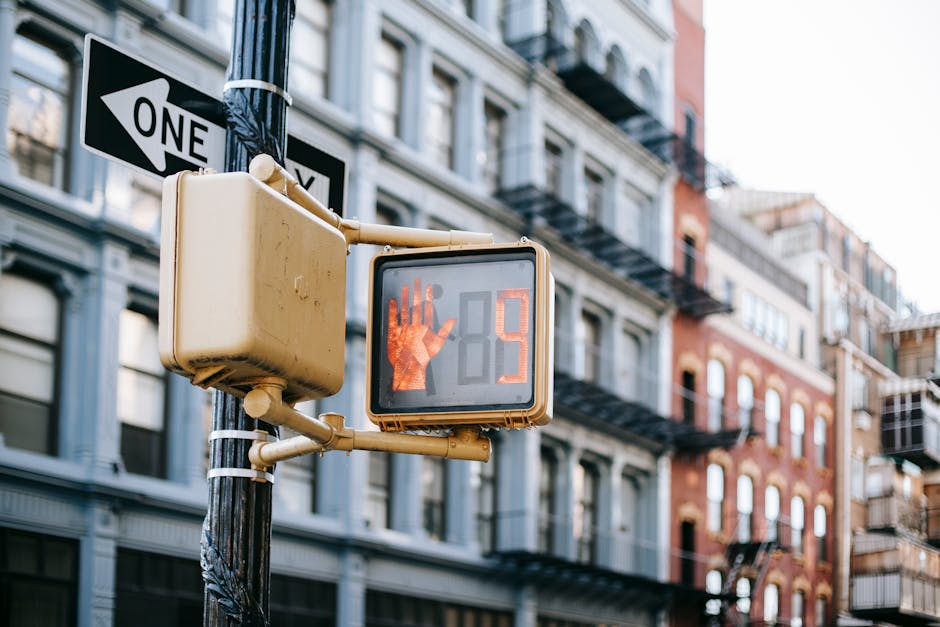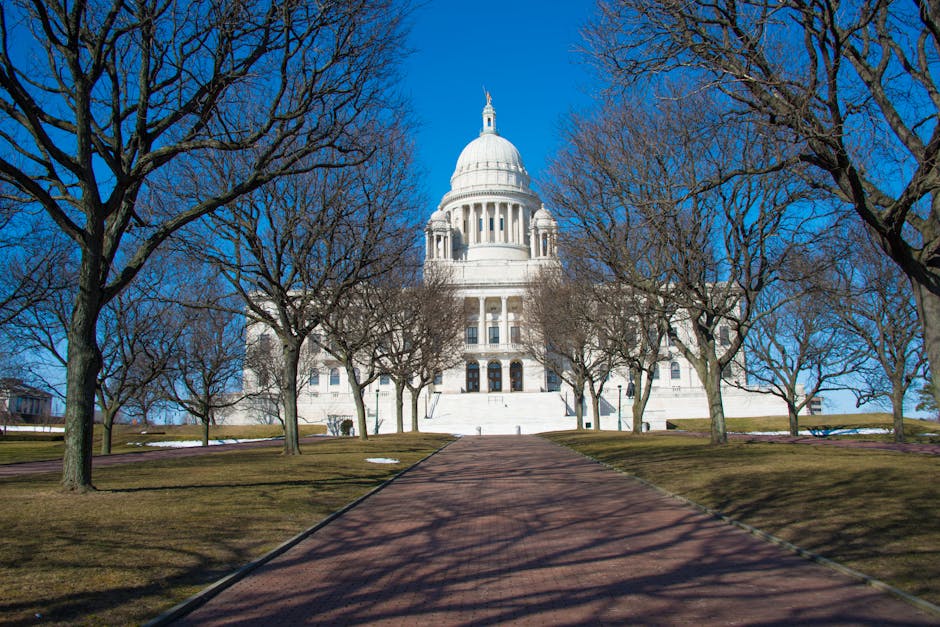In the often-chaotic theatre of global politics, some statements are more than noise—they are seismic revelations of intent. Donald Trump’s recent remark that he wishes US courts were more like China’s is one such moment. For anyone who values democratic principles, this wasn’t just another controversial soundbite; it was a blaring alarm bell, a clear and present warning sign about his fundamental vision for power.
Understanding China’s “Rule by Law” System
To grasp the gravity of Trump’s statement, we must be unequivocally clear about what the Chinese judicial system truly is. It is not an independent pillar of the state designed to check the power of the executive. It is the opposite. The Chinese judiciary is an arm of the Communist Party of China (CPC), an instrument designed to enforce the Party’s will, not to administer impartial justice.
In China, the concept is “rule by law,” not “rule of law.” The law is a tool used by the state to maintain control. Judges are Party appointees, and verdicts in high-profile or politically sensitive cases are foregone conclusions, often decided by political committees before a trial even begins. The country’s conviction rate, which hovers above a staggering 99.9%, isn’t a testament to judicial efficiency; it’s proof of a system designed to produce guilty verdicts on command. Dissenters and political opponents are processed through this system with brutal, predictable efficiency.
Why Trump Admires an Authoritarian Judiciary
So, why would the former leader of the world’s oldest democracy admire such a system? The answer lies in his own mounting legal challenges. Facing multiple indictments, Trump views the American judicial system—with its independent judges, grand juries, and the principle that no one is above the law—as an obstacle. It is an institution he cannot command. It demands evidence, respects due process, and operates on precedent, not personal loyalty.
For a leader who has consistently demanded absolute fealty, this is an intolerable arrangement. His praise for China’s courts is a yearning for a system where the judiciary serves the ruler, not the constitution. He envisions a system where courts are not a check on his power but an extension of it—a weapon to be wielded against political enemies and a shield to grant him and his allies impunity.
A Chilling Echo for Global Democracies
This statement strikes a particularly resonant, and chilling, chord for democracies around the world, including India. As the world’s largest democracy, India is intimately familiar with the constant struggle to maintain the independence of its institutions. The Indian Supreme Court has, over decades, established itself as a vital bulwark against executive overreach, famously articulating the “basic structure doctrine” to protect the core tenets of the constitution. We have witnessed firsthand how fragile the separation of powers can be and why it must be fiercely protected.
To hear a potential leader of the United States openly admire a system where this separation is non-existent is deeply unsettling. It signals a dangerous affinity for authoritarianism that transcends borders. When a leader in a democratic nation sees an independent judiciary not as a strength but as a weakness, they are fundamentally rejecting the bedrock principle of liberal democracy.
More Than a Soundbite: A Vision for Power
This isn’t merely about Donald Trump‘s legal frustrations. It’s a window into an ideology gaining traction globally—one where populist leaders view independent institutions like the judiciary, a free press, and electoral commissions as adversaries to be subdued.
Trump’s comment was not a slip of the tongue. It was a clear articulation of his desire for a presidency untethered by legal constraints. He doesn’t want the scales of justice; he wants a rubber stamp. That’s a major warning sign that no citizen, in America or anywhere else, can afford to ignore.




